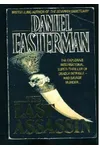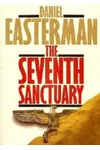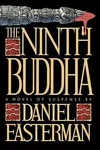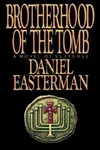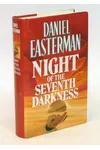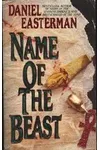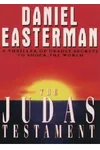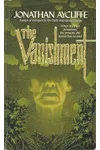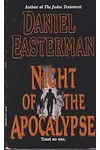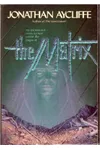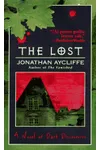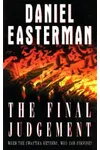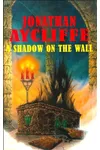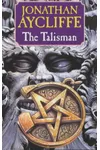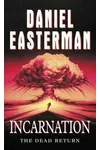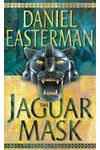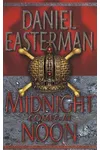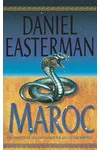Picture a British storyteller who weaves Middle Eastern mysteries with heart-pounding thrills—meet Daniel Easterman! Born Denis M. MacEoin in 1949, Easterman is a master of international thrillers, blending his academic expertise in Islamic studies with gripping narratives. From Belfast to bestseller lists, his 26+ novels captivate readers with exotic settings, intricate plots, and a fearless take on global issues.
With a Ph.D. from Cambridge and a knack for storytelling, Easterman, under his pen name, has carved a unique niche in the thriller genre. His tales of espionage, ancient artifacts, and political intrigue don’t just entertain—they challenge readers to think about faith, power, and freedom. Ready to dive into his world? Let’s explore the man behind the mysteries!
The Making of Daniel Easterman
Born in Belfast, Northern Ireland, Denis MacEoin grew up with a passion for languages and cultures. He studied English Literature at Trinity College, Dublin, before diving into Arabic, Persian, and Islamic Studies at Edinburgh University. His academic journey culminated in a Ph.D. from Cambridge, focusing on 19th-century Shi’ism in Iran. This deep knowledge of Middle Eastern history and religion would later infuse his novels with authenticity. After teaching Islamic Studies in Morocco and at Newcastle University, MacEoin turned to writing thrillers in 1984, adopting the pseudonym Daniel Easterman to thrill the world.
Daniel Easterman’s Unforgettable Stories
Easterman’s novels are a whirlwind of suspense, steeped in historical and cultural richness. His debut, The Seventh Sanctuary (1985), sets the tone with an archaeological thriller blending ancient secrets and modern conspiracies. The Ninth Buddha (1988) takes readers to the Himalayas, where a kidnapped boy sparks a high-stakes chase against a backdrop of Buddhist mysticism. In The Judas Testament (1994), a Moscow scholar’s discovery of a scroll penned by Jesus himself threatens to upend Christianity, weaving espionage with theological intrigue. Spear of Destiny (2009), one of his most powerful works, unearths a WWII-era artifact tied to Christ, delivering a chilling hunt for truth.
Known for his meticulous research, Easterman crafts plots that feel ripped from history’s headlines. His style—elegant yet pulse-pounding—merges the intellectual depth of Umberto Eco with the action of Dan Brown. Themes of religious extremism, political corruption, and human rights resonate throughout, reflecting his real-world advocacy for free speech and his defense of figures like Salman Rushdie.
Easterman also writes ghostly tales as Jonathan Aycliffe, with novels like Naomi’s Room earning cult status. Whether exploring jihadist threats or haunted houses, his versatility keeps readers guessing.
Why Daniel Easterman Matters
Easterman’s impact lies in his ability to make complex global issues accessible through storytelling. His thrillers don’t just thrill—they provoke thought about religion’s role in society and the cost of fanaticism. As a scholar-turned-novelist, he bridges academic rigor with mass appeal, earning praise from critics like Val McDermid for his “enthralling, elegantly written” work. His advocacy for abolishing blasphemy laws and his essays on Middle Eastern politics amplify his voice beyond fiction, making him a bold commentator on our times.
Though less mainstream than some thriller giants, Easterman’s cult following cherishes his blend of brains and adrenaline. His novels, translated into 15 languages, continue to inspire readers to question power and seek truth in a chaotic world.
- Born: 1949 in Belfast, Northern Ireland
- Key Works: The Seventh Sanctuary, The Ninth Buddha, The Judas Testament, Spear of Destiny
- Other Pen Name: Jonathan Aycliffe (ghost stories)
- Notable: Defended Salman Rushdie and lobbied against blasphemy laws
About Daniel Easterman
Snag The Judas Testament or Spear of Destiny and dive into Daniel Easterman’s thrilling world of secrets and suspense! Whether you’re a thriller junkie or a history buff, his stories promise a wild ride.
